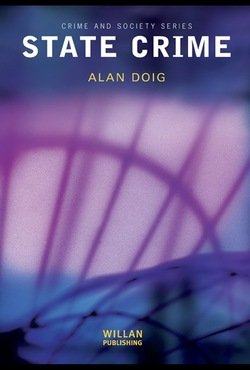Edited by Magdalena Bainczyk and Agnieszka Kubiak-Cyrul
Although more than 75 years have elapsed since the end of the Second World War, the magnitude of crimes and their long-term effects, caused also by lawyers e.g. in German special courts, make the subject of liability of the state in the context of the Second World War ever topical and valid. Historia magistra vitae est, and the process of learning from history should in this case cover not only the years 1933–1945, but also the entire post-war period. Justice was neither restored nor meted out. One of the reasons for the lack of administration of justice was West Germany's conscious policy of personal continuity after the Second World War. The latter was the topic of the Rosenburg Exhibition – the Federal Ministry of Justice of the Federal Republic of Germany in the Shadow of National Socialist Past. The texts grew out of the context of the exhibition and show the far-reaching consequences of War and Nazi crimes in international relations of a legal nature.
Stuttgart: Franz Steiner Verlag, 2021. 226p.







